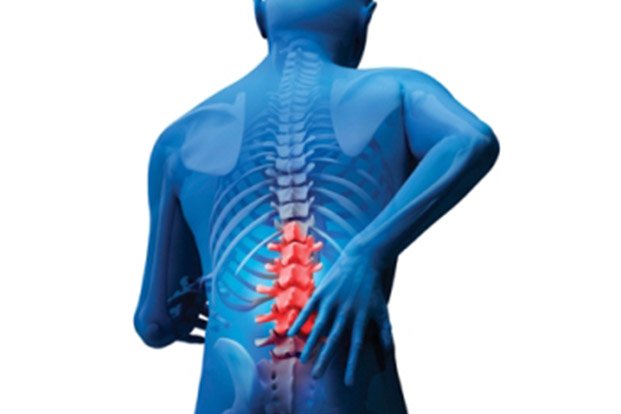Dr. Paresh Bang | Matruchhaya Spine Clinic
Meet Our Doctor
Dr. Paresh Bang
Consultant Spine Surgeon

Surgery For Slip Disc In Chandrapur

Surgery for slip disc
Far more commonly, surgery is performed because other treatments haven’t provided enough relief from severe pain despite being used for more than six weeks. The question of whether to go through with surgery is often difficult to answer, though.
Indications for Surgery
Surgery may be recommended if:
- Severe pain persists despite conservative treatments.
- There is weakness or numbness in the arms or legs.
- Symptoms are progressively worsening.
- There is a risk of nerve damage or spinal cord compression.
Types of Surgical Procedures
- Microdiscectomy:
- A minimally invasive procedure where a small portion of the herniated disc is removed to relieve pressure on the affected nerve.
- Often performed through a small incision, leading to shorter recovery times and less postoperative pain compared to traditional surgery.
- Laminectomy:
- The removal of part of the vertebra (lamina) to create space and relieve pressure on the spinal cord and nerve roots.
- Often performed in conjunction with discectomy to enhance access to the disc.
- Spinal Fusion:
- In cases where the stability of the spine is compromised (e.g., after removing a large herniated disc), the surgeon may fuse two or more vertebrae together using bone grafts and metal hardware (screws and rods).
- This helps to stabilize the spine and prevent future issues.
- Artificial Disc Replacement:
-
- An alternative to spinal fusion, this procedure involves removing the damaged disc and replacing it with an artificial disc to maintain motion at the affected vertebral level.
- This option is typically considered for younger patients or those wishing to preserve mobility.
Surgical Process
- Preoperative Evaluation:
- Imaging studies, such as MRI or CT scans, are conducted to assess the extent of the herniation.
- A thorough examination is performed to evaluate the patient’s neurological status.
- Surgical Procedure:
- Anesthesia: General anesthesia is typically used.
- Incision: The incision size and location depend on the surgical technique used (minimally invasive or open surgery).
- Disc Removal: The herniated portion of the disc is removed to relieve nerve compression.
- Fusion or Replacement: If necessary, the space is filled with a bone graft, and spinal fusion may be performed.
- Postoperative Care:
-
- Patients are monitored in the hospital for a short period, usually a day or two.
- Pain management and rehabilitation protocols are initiated.
Recovery
- Rehabilitation: Physical therapy is often recommended to help regain strength or mobility post-surgery.
- Pain Management: Medications may be prescribed for pain control.
- Return to Activities: Many patients can gradually resume normal activities within a few weeks, but complete recovery may take several months.
Risks of Surgery
While surgery can provide relief, it also carries risks, including:
- Infection.
- Bleeding.
- Nerve damage, leading to increased pain, weakness, or numbness.
- Failed back surgery syndrome, where symptoms persist despite surgery.
Non-Surgical Alternatives
Before opting for the surgery, patients usually explore various conservative treatments, such as:
- Physical therapy: Tailored exercises to strengthen the back or core muscles.
- Medications: NSAIDs, muscle relaxants, or corticosteroids.
- Epidural steroid injections: To reduce inflammation or pain.
- Chiropractic care: For pain relief, though this should be approached carefully.Contact Us
Conclusion
Surgery for a slip disc can be a highly effective option for individuals suffering from severe pain or neurological deficits. If you are considering this treatment, it’s important to consult with a qualified spine surgeon who can provide personalized recommendations based on your condition.Visit Our Hospital
